Specialists in Hong Kong have discovered that patients enduring milder sickness brought about by the new coronavirus recuperate all the more rapidly on the off chance that they are treated with a three-tranquilize antiviral mixed drink not long after side effects show up.
Creators of the investigation, distributed in the Lancet on Friday, depicted the discoveries as "early however significant".
They called for a bigger scope look into fundamentally sick patients to discover if the medication combo could be a suitable treatment for them as well.
"Our preliminary shows that early treatment of gentle to direct COVID-19 with a triple mix of antiviral medications may quickly stifle the measure of infection in a patient's body," said Kwok-Yung Yuen, an educator at the University of Hong Kong, who drove the examination.
He said the treatment, which seemed safe in patients, was appeared to "mitigate manifestations, and decrease the hazard to human services laborers by lessening the length and amount of viral shedding (when the infection is distinguishable and possibly transmissible)".
Researchers are hustling to distinguish powerful medications to use against the new coronavirus, yet there is at present no treatment, fix, or antibody.
The examination followed the infection in 127 grown-ups admitted to six emergency clinics in Hong Kong after they tried positive.
Of those partaking, 86 patients were allowed a fourteen-day course of three medications: interferon beta-1b, a medication used to treat various sclerosis; HIV drugs lopinavir-ritonavir; and ribavirin, used to treat hepatitis.
An arbitrarily doled out benchmark group of 41 individuals was simply given the lopinavir-ritonavir blend.
Treatment started on normal five days after indications began and all patients, in any case, got standard consideration, including oxygen treatment.
Specialists at that point estimated to what extent it took for a swab test for the infection to turn out negative.
They found that those taking every one of the three medications had the option to clear the coronavirus in seven days overall (somewhere in the range of five and 11 days) - "fundamentally" shorter than the 12-day normal for the benchmark group.
Those on the three-medicate routine additionally observed a total lightening of their manifestations in a normal of four days, contrasted with eight for the benchmark group.
The examination was done between February 10 and March 20 in Hong Kong, where everybody who tests positive for COVID-19 is admitted to the emergency clinic.
The creators yielded a few impediments with the preliminary, including that it was "open mark" - individuals realized which drugs they were taking and there was no fake treatment.
Likewise, patients conceded over seven days after the beginning of manifestations were not given interferon given worries that it could cause aggravation.
Of these, 34 were given the blend of lopinavir-ritonavir and ribavirin, while 17 were in the benchmark group.
Both of these gatherings took similarly long to clear the infection which, the creators recommended, implied that interferon was critical to the shorter sickness for the patients treated from the primary seven day stretch of side effects.
"Future clinical investigation of a twofold antiviral treatment with interferon beta-1b as a spine is justified," the examination said.
Responding to the investigation, Stephen Evans, Professor of Pharmacoepidemiology at the London School of Hygiene and Tropical Medicine, said it "legitimizes the thought of adding interferon beta to the rundown of really, proof-based, promising medications to be tried in additionally randomized preliminaries.
"It has been obvious from long experience that HIV is best treated with mixes of various medications and this could likewise be the situation with COVID-19," he included.
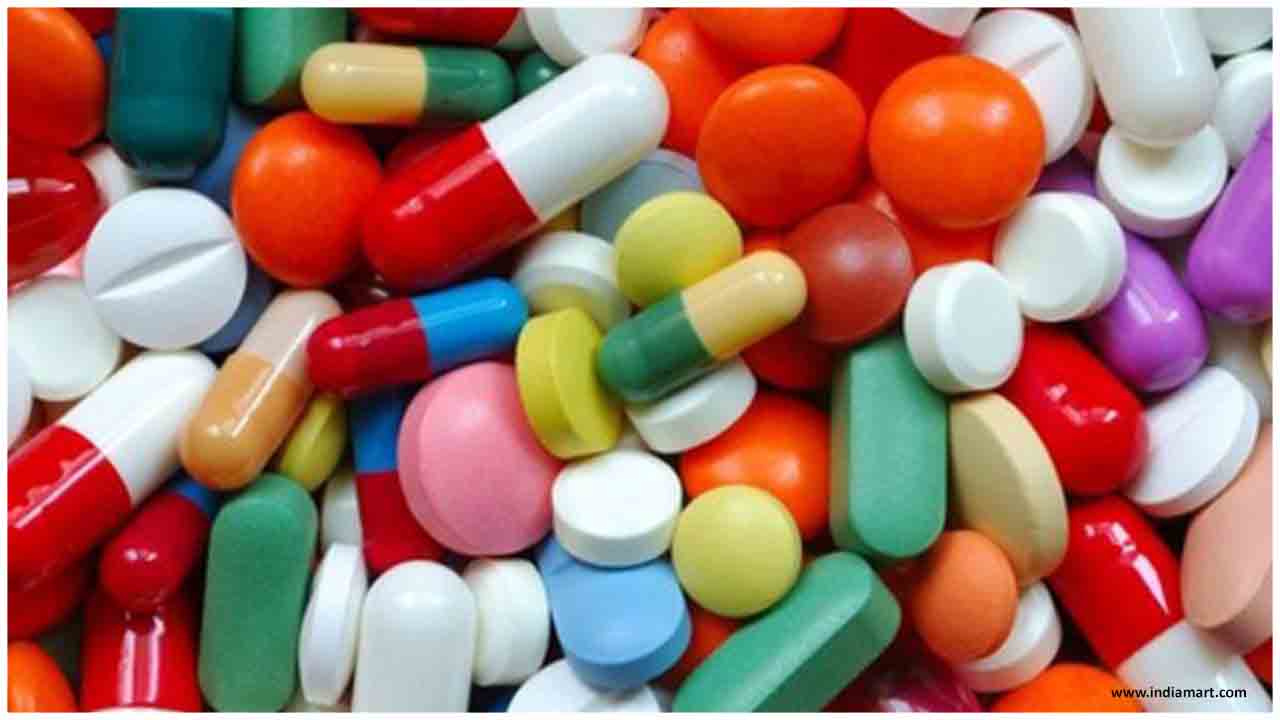
 The study tracked the virus in 127 adults admitted to six hospitals in Hong Kong after they tested positive
The study tracked the virus in 127 adults admitted to six hospitals in Hong Kong after they tested positive




.png)
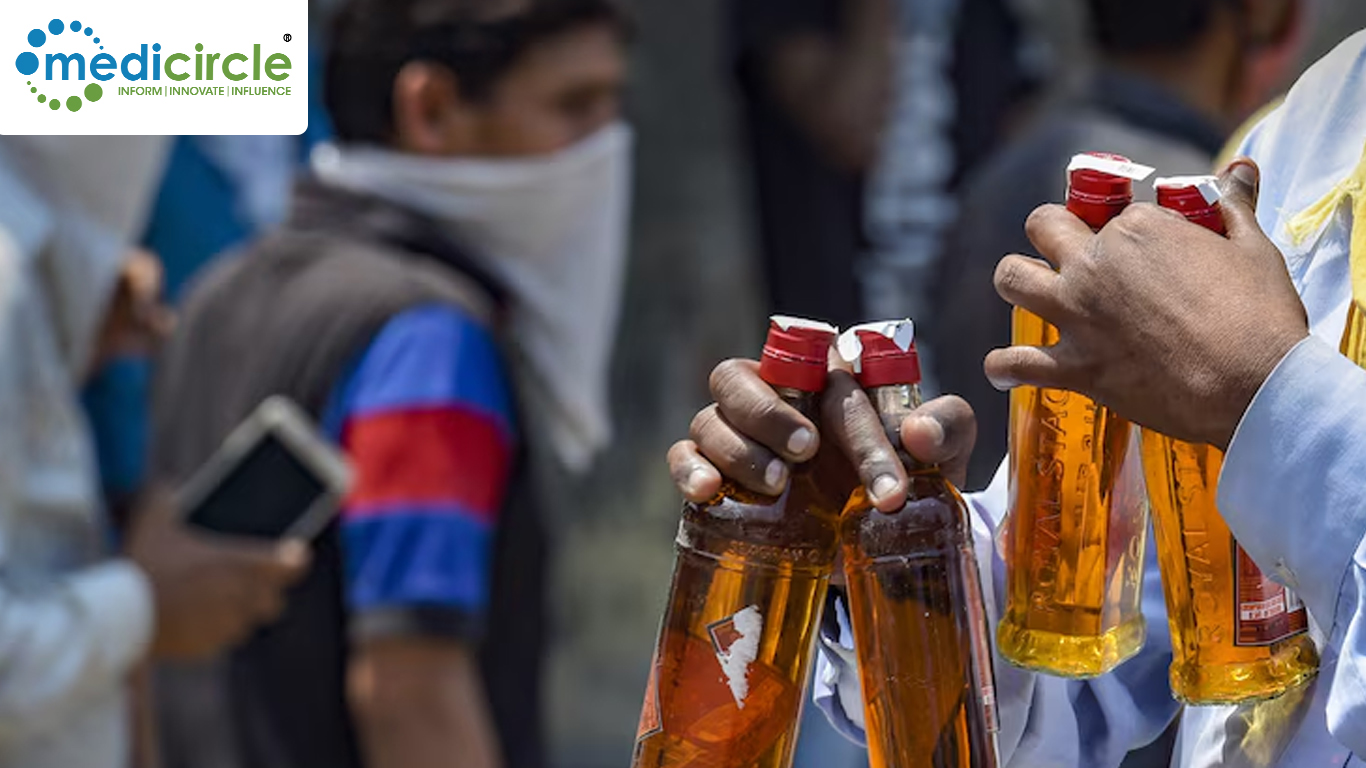
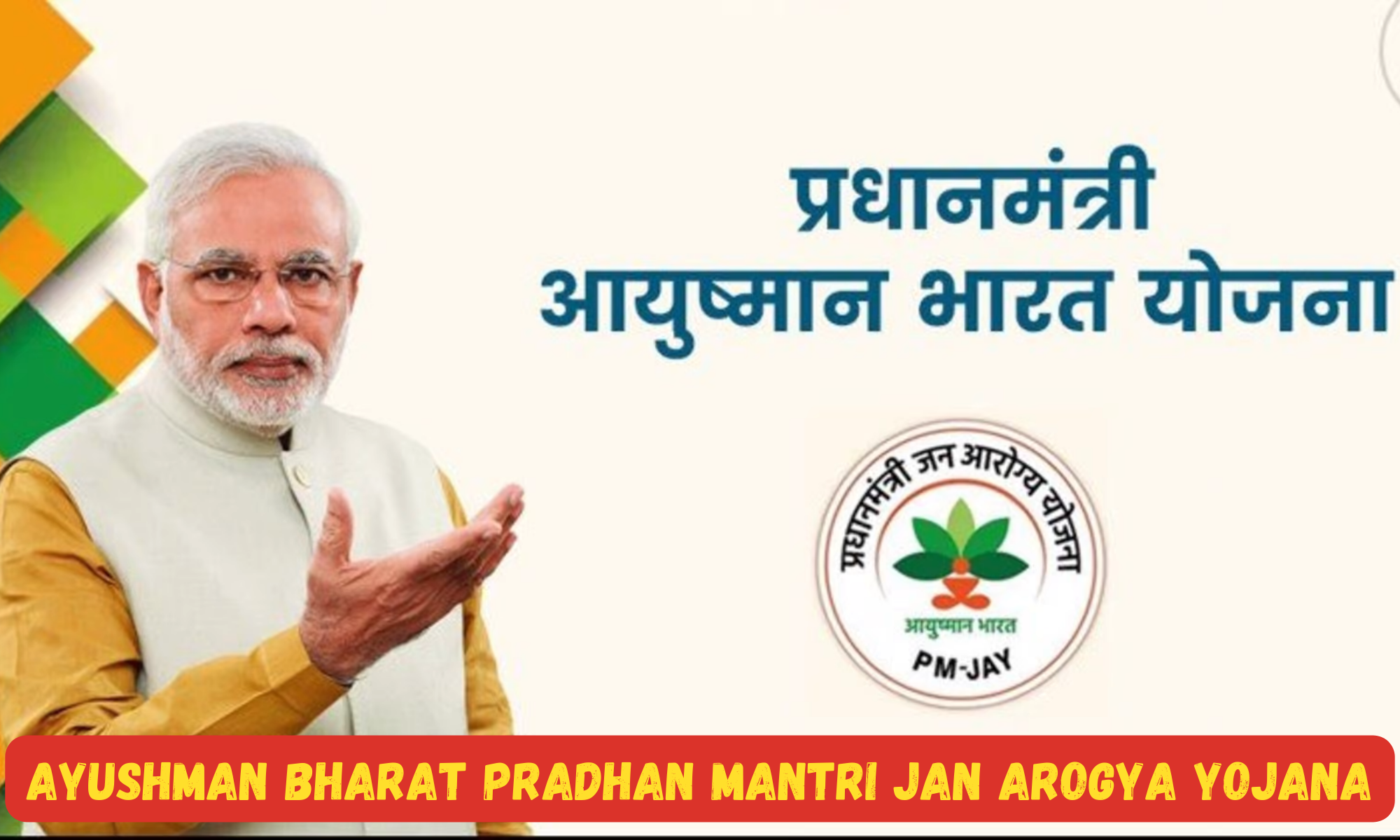
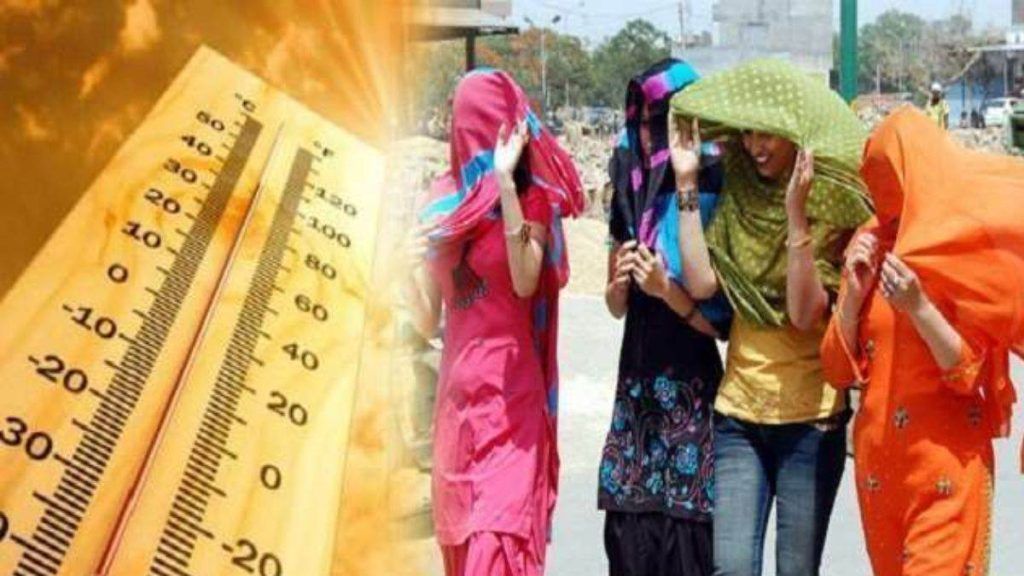
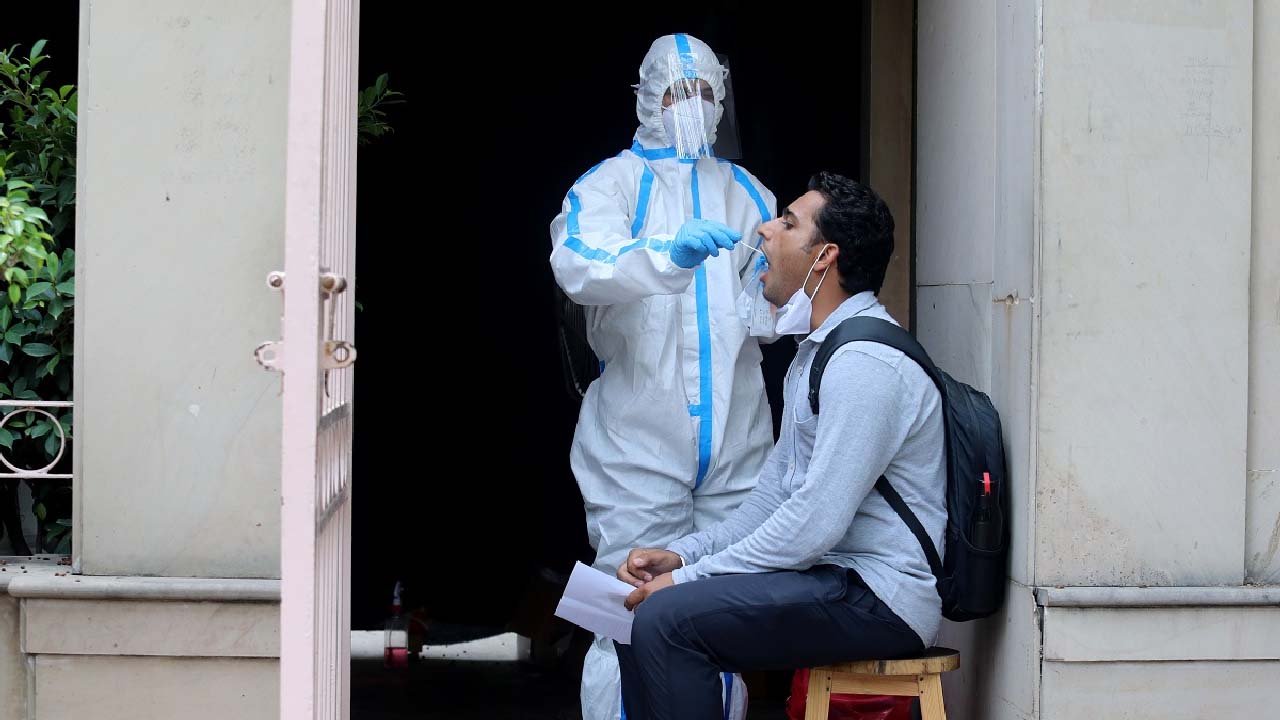
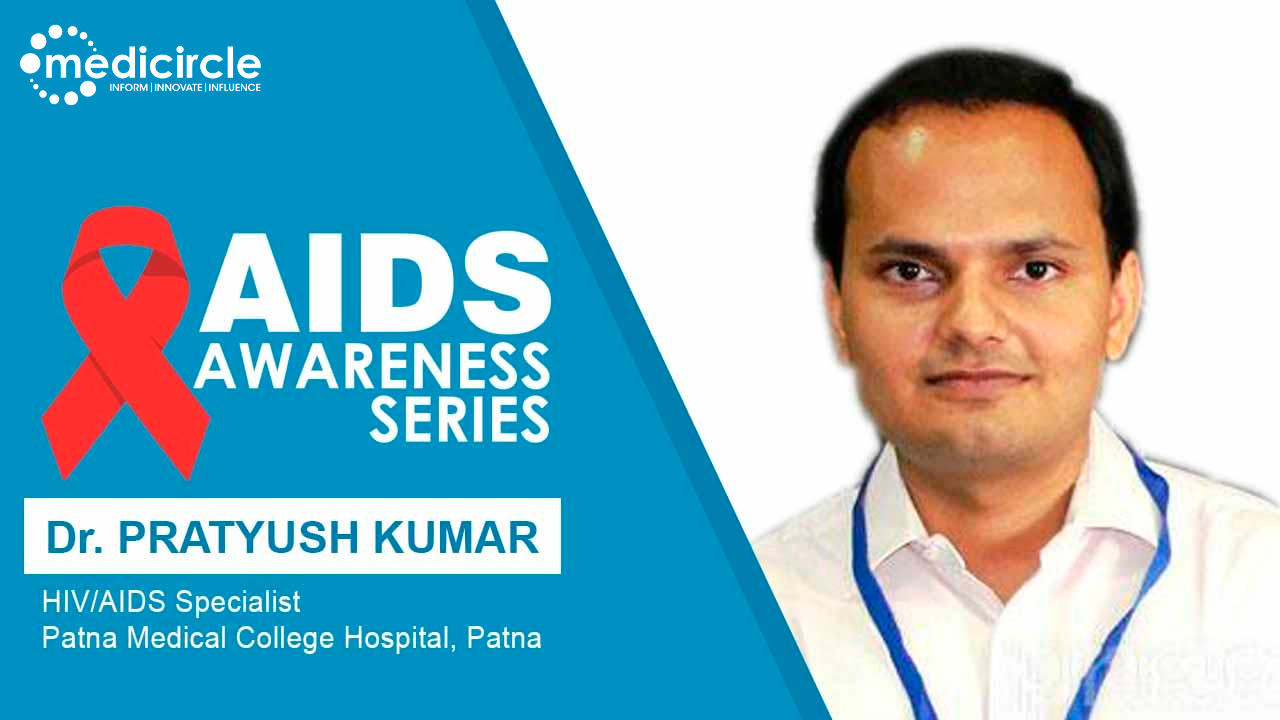
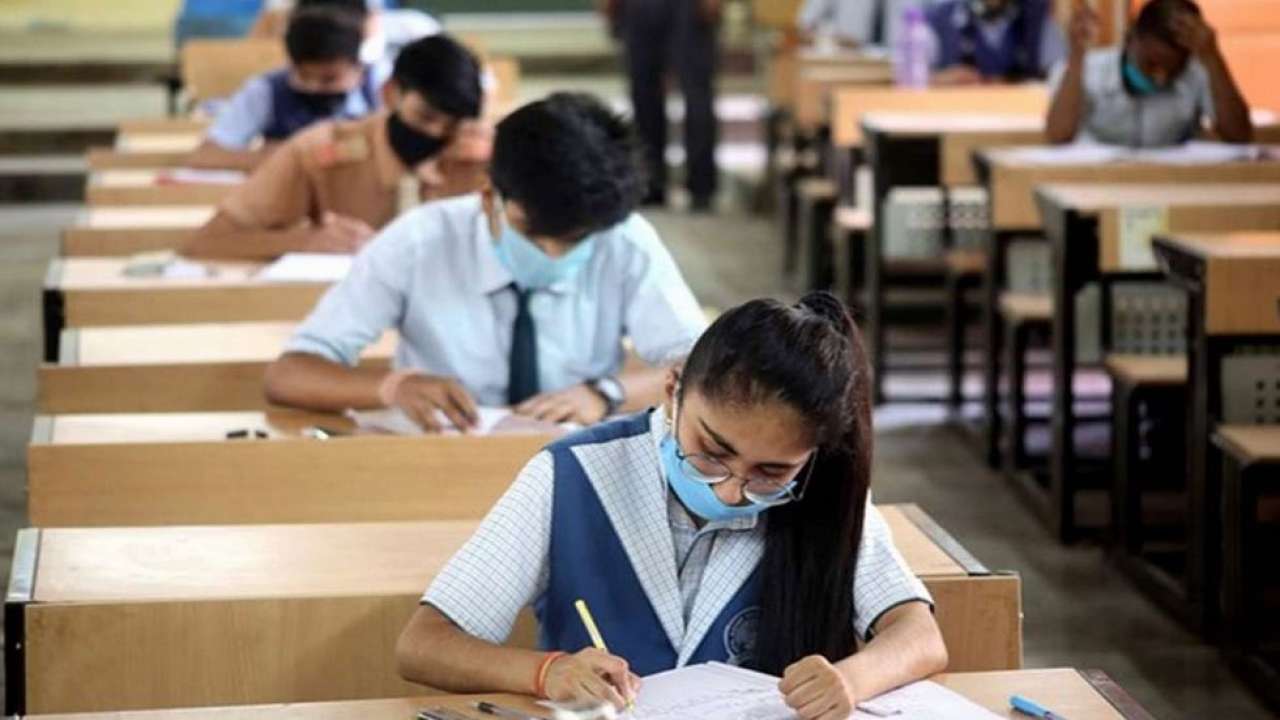
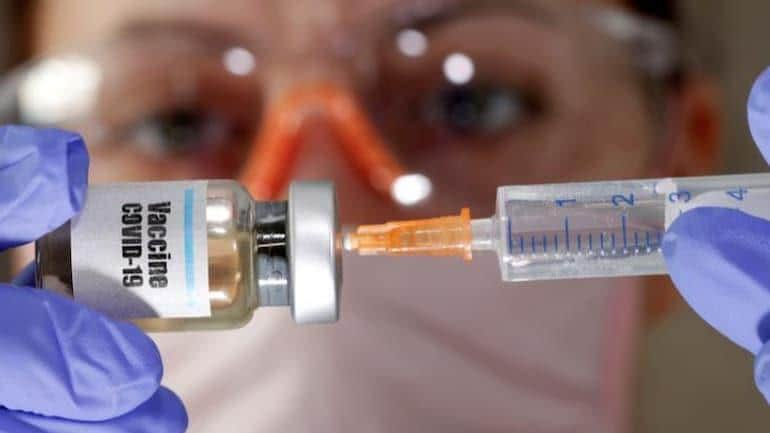
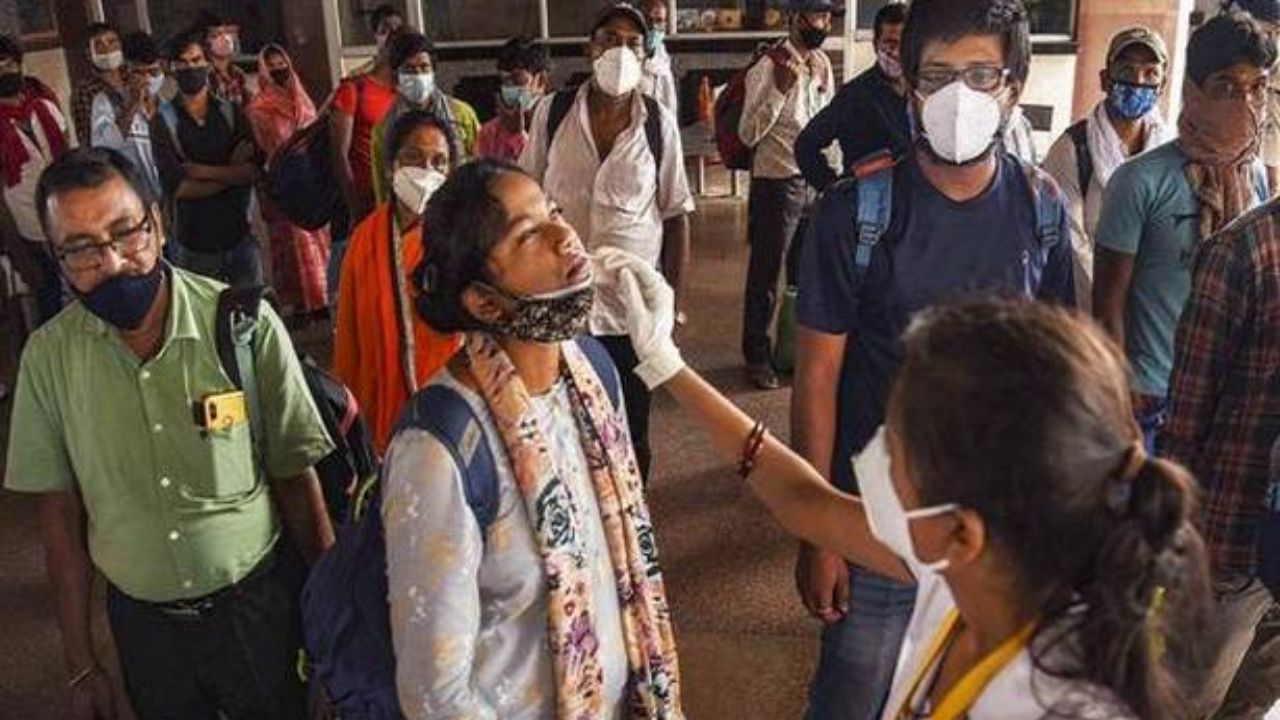
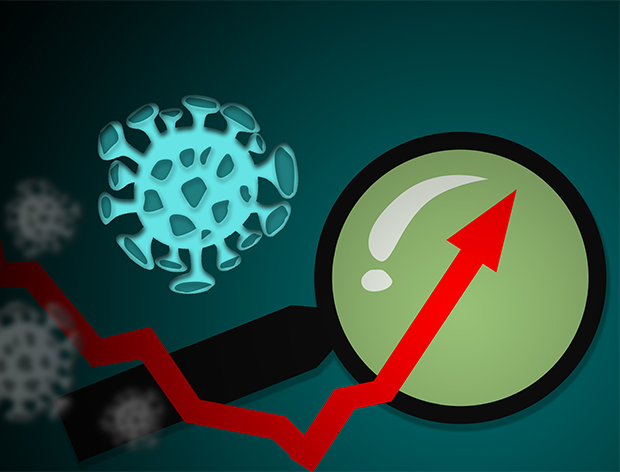





.jpeg)








.jpg)




.jpg)




